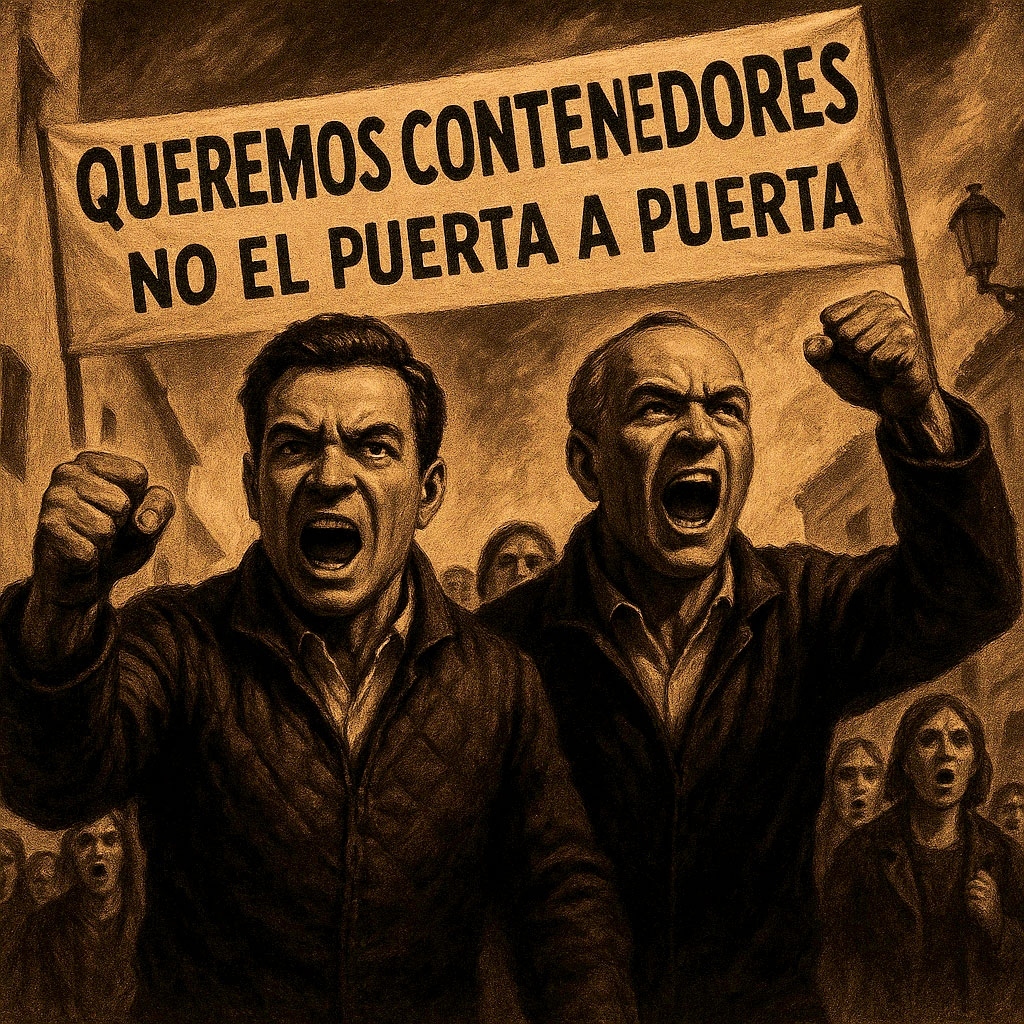
In the quiet pueblo blanco of Olvera, where I’ve lived for fifteen years, a war has erupted. Not over healthcare, jobs, or the creeping cost of living, but over something far more mundane: rubbish.
The town hall has hiked refuse collection fees and doubled down on a door-to-door recycling scheme, complete with barcode-tagged bins linking every scrap to your name. Non-compliance, though unspoken, carries the threat of fines. This isn’t just about sorting plastic from paper - it’s about ...
read more